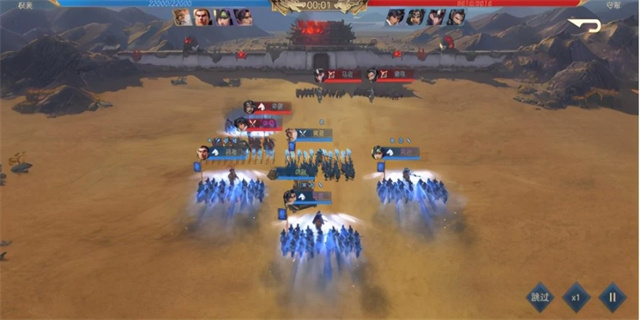Web Browser - The Gateway to the Internet
Introduction
Web browsers are a gateway to the internet. In our daily lives, we rely on web browsers to access information, communicate with others, and conduct business. The internet without web browsers is like a car without wheels. Without web browsers, we would not be able to view websites, shop online, or use social media platforms.
What is a Web Browser?

A web browser is a software application that is used to access the internet. The primary function of a web browser is to retrieve, display, and interact with web pages. There are many web browsers available, including Google Chrome, Safari, Firefox, and Internet Explorer.
Web browsers use different rendering engines to display web pages. The rendering engine is responsible for rendering the HTML, CSS, and JavaScript on a web page, and displaying it on the screen. Different rendering engines have different features and capabilities, which is why some web pages may look different in different browsers.
Features and Functionality
Web browsers have a range of features and functionality that make browsing the internet easy and convenient. Some of the most common features include tabbed browsing, bookmarks, and history.
Tabbed browsing allows users to open multiple web pages in a single window, making it easy to switch between pages. Bookmarks allow users to save their favorite web pages, so they can easily access them later. History keeps track of the web pages that you have visited, making it easy to find and revisit pages that you have previously viewed.
Web browsers also have a range of privacy and security features, including private browsing, pop-up blockers, and anti-phishing measures. Private browsing allows users to browse the web without leaving a trace of their activity on the computer. Pop-up blockers prevent unwanted pop-ups from appearing on the screen, while anti-phishing measures help protect users from fraudulent websites.
The Future of Web Browsers

The future of web browsers is exciting, with new features and innovations being developed all the time. One of the most significant developments is the move towards Web 3.0, which is a new phase in the development of the internet. Web 3.0 will focus on decentralization, allowing users to access information and services without the need for a central authority.
Web browsers will play a critical role in the development of Web 3.0, as they will be the primary means by which users access the decentralized web. Some of the key features of Web 3.0 browsers will include support for blockchain technology, decentralized storage, and peer-to-peer networking.
Conclusion
In conclusion, web browsers are an essential part of our daily lives, allowing us to access the internet and all of its riches. They have evolved significantly over the years, with new features and functionality being added all the time. As the internet continues to evolve, so too will web browsers, playing a critical role in the development of Web 3.0, and beyond.
标题:网页浏览器(Web Browser - The Gateway to the Internet)
链接:http://www.pcafw.com/gonglve/38485.html
版权:文章转载自网络,如有侵权,请联系3237157959@qq.com删除!
标签: